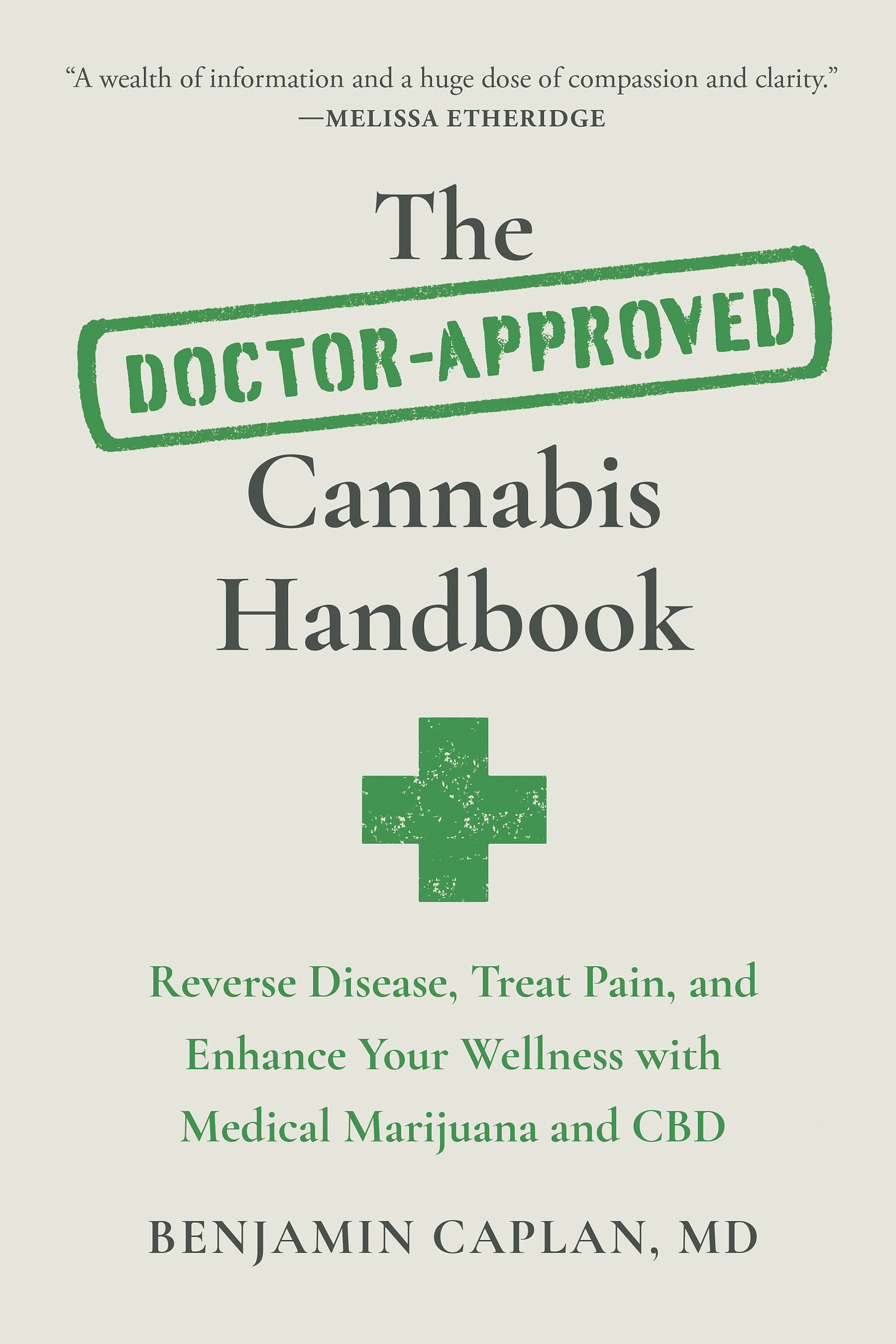In this episode of The Green Table Talk Podcast, we explore how cannabis interacts with the brain, diving deep into research, personal experiences, and different cannabis compounds. As cannabis use becomes more prevalent, both recreationally and medically, understanding its impact on cognition is crucial. From memory challenges to the nuances of medical cannabis, this episode dissects both the latest findings and the complexities of ongoing research, offering listeners valuable insights without getting bogged down in jargon.
8 Published Study Sources For This Material (PDFs)
Bottom Lines:
• Cannabis and Cognitive Decline: A recent study from Preventive Medicine Reports (2023) used data from a large U.S. survey to assess subjective cognitive decline in cannabis users. Those who used cannabis, whether medically or recreationally, were more likely to report feeling like their thinking skills had worsened. However, this correlation doesn’t confirm causation—other lifestyle factors could play a role.
• Brain Scans and Cannabis: A 2016 study in Clinical Neuropharmacology examined brain scans of people with HIV, comparing cannabis users and non-users. While users showed smaller brain volumes in certain areas, these differences existed before the study, suggesting pre-existing factors may influence cannabis use rather than cannabis directly causing brain shrinkage.
• Impact on Driving: A 2020 study published in Drug and Alcohol Dependence used driving simulators to test the effects of cannabis. Even after 12 hours of non-use, cannabis users performed worse in tasks like pedestrian avoidance and stop sign recognition. However, impulsivity played a key role, with impulsive individuals more affected by cannabis, highlighting the complexity of attributing driving impairment solely to cannabis use.
• Medical Cannabis and Cognitive Function: A 2019 pilot study in Cannabis and Cannabinoid Research found that medical cannabis users showed improved executive function after three months, completing tasks faster. However, this study lacked a placebo control, making it difficult to draw firm conclusions.
• Systematic Review Findings: A 2022 review in Frontiers in Pharmacology looked at 23 studies on medical cannabis and cognition. Most showed no significant cognitive changes, though a few reported negative effects at high doses or immediately post-use.
Conclusion: While cannabis research is evolving, it remains complex and sometimes contradictory. Listeners are encouraged to remain informed, critically assess new findings, and pay close attention to their personal experiences with cannabis use.
In The Doctor-Approved Cannabis Handbook, I discuss cannabis's effects on brain health, particularly in relation to neurodegenerative diseases like dementia, Alzheimer's, and Parkinson's, in Chapter 9: Neurodegenerative Diseases: Dementia, Alzheimer's, and Parkinson's. This chapter explains how cannabinoids, especially CBD, can support neurogenesis—helping to reverse cell damage and improve cognitive function. Additionally, THC, when administered in low doses, is shown to enhance brain growth factors and blood flow, contributing to improved brain health. However, the book also cautions that excessive THC can slow nerve function and mimic symptoms of neurodegenerative decline, emphasizing the importance of careful dosing.
I also discuss the cognitive benefits of cannabis can be found in Chapter 6: Mental Health Issues, which touches on cannabis's potential to support neuroplasticity and reverse cognitive decline. Throughout both chapters, the therapeutic role of cannabis in reducing behavioral disturbances, improving mood, and aiding sleep in patients with dementia and Alzheimer's is highlighted, showcasing the promise of cannabinoids in managing symptoms and enhancing brain function for those affected by these conditions.
Here’s a snippet from chapter 9, page 161, of The Doctor-Approved Cannabis Handbook:
“ You Can Forget About the Fear of “Killing Brain Cells” Despite its reputation for “killing brain cells,” cannabis is not the culprit it has been made out to be. Concerns about cannabis’s harmful properties—causing schizophrenia, destroying brain cells, making the user dim-minded and lazy, and a stepping-stone to other, more dangerous drugs—first gained traction in the 1930s and has been periodically reinforced for sociopolitical agendas. In fact, this reputation is in stark contrast to the scientific research, which has always been, and continues to be, largely neutral or supportive of its efficacy. Science has shown that cannabis use is not going to cause any of the above conditions, nor is it going to lead to dementia, long-term forgetfulness, or memory issues. In fact, in terms of brain health, the benefits of using cannabis include reversing the cognitive deterioration that can occur as related to the risks of every- day life. By promoting better sleep, enhancing calmness, and lowering inflammation with cannabis, you are naturally enhancing neurogenesis, the creation of new brain cells, which leads to having a more robust brain and developing stronger neural networks. Cannabis also provides the necessary nutrients and activation of the brain’s support systems to further enhance neurogenesis. We also know that the daily life of someone suffering from neurodegenerative diseases is full of anxiety, depression, and sleeplessness, all of which are linked to worsening dementia. CBD research has shown that it can help increase neurogenesis in mice dealing with unpredictable stress. Neurogenesis is believed to be a foundational concept for reversing cell damage and even curing the diseases covered in this chapter. Cannabis may indeed be part of the solution, through its ability to systematically and continuously stop brain cell death and increase the amount of new brain cells. At this time more studies are needed. However, I do feel confident in suggesting cannabis therapies if you have received a confirmed diagnosis. Literally, your brain health has everything to gain. However, too much of anything rarely leads to positive outcomes. We do know that in the short term, excessive THC-based cannabis levels in the body prevent normal nerve function. In the long term, it can also affect normal nerve development, leading to a slowing of nerve-to-nerve signaling and a reduction in the overall thriving of nerves. The resulting interruption in speedy processing can look similar to neurodegenerative decline.”
















Share this post